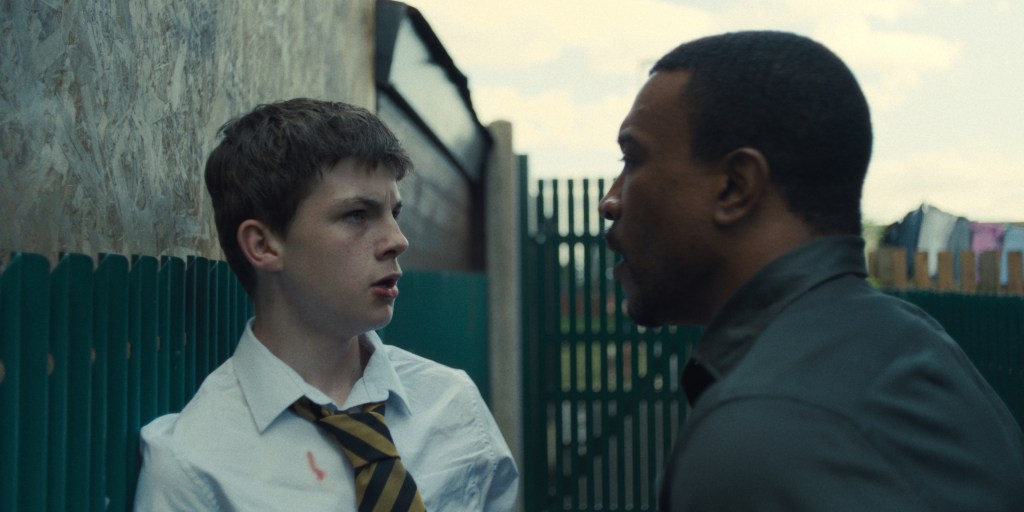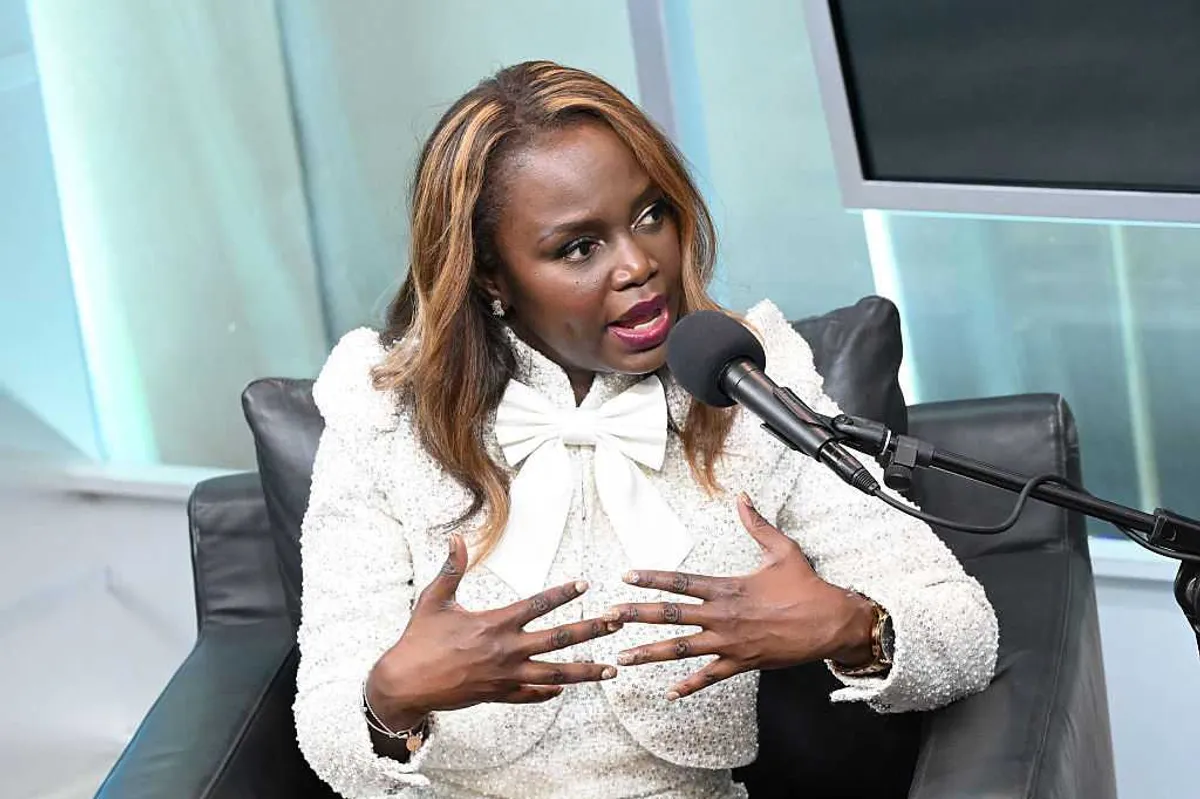Streamer spend on British TV shows comfortably topped $1B last year, according to Pact’s latest census, with chief John McVay rowing in behind the American giants to accuse Channel 4 of “snarkiness” over the Adolescence row that rocked the Edinburgh TV Festival.
For full-year 2024, streamers invested £850M ($1.15B) in UK series, a 24% rise that broke records during a year that the TV industry experienced what Pact described as “sluggish” overall growth. In 2024, the streamers commissioned the likes of Adolescence, Rivals and further seasons of Slow Horses out of the UK.
At the same time as streamer spend rose, investment in British content from traditional linear networks outside the UK dipped 36% to £279M, meaning that overall commissioning revenue from non-UK players was virtually flat during what was a tumultuous 2024 characterized by a “Survive ’til 25” attitude, the death of the mid-budget programing market and the closure of a number of storied British production houses. Sales of British shows abroad also tumbled by 26% to a 12-year low of £153M.
Responding to a question from Deadline at yesterday’s Pact Census briefing, McVay pointed out that streamer spend on British TV now comfortably eclipses Channel 4’s annual originals budget, as he accused the network of “snarkiness” and “mudslinging” over the Adolescence row. The row erupted when Channel 4 news boss Louisa Compton said Netflix behaved like “TV tourists” by commissioning Adolescence after Channel 4 had spent years nurturing the show’s co-creators Jack Thorne and Stephen Graham. Her accusation spread like wildfire through the fest and Netflix commissioner Mona Qureshi eventually hit back, noting drily: “I don’t think I’m a tourist — I’ve been around.”
Yesterday, McVay swung in behind the streamers. “The streamers are not public service broadcasters, they are just not, but they will spend money on brilliant British creatives and independents like Jack Thorne, and we should welcome that,” he said. “I just thought [the accusation] was snarky to be quite honest and not really necessary because a lot of the people who work on those [Netflix UK] shows are available for domestic production because they’ve been able to get a gig working for Netflix. So we should welcome that.”
McVay said British pubcasters “don’t like it” when they are faced with the idea that streamers spend hundreds of millions of pounds per year on UK content. “The PSBs always want to be positioned as the high priest who can get what they want and the talent they want whenever they want it,” he added. “Well, there are other people in town. And these others have maybe not deeper pockets but quicker pockets – you can get a commission quicker [from a streamer] and get the show made.”
A further row broke out at Edinburgh when Channel 4 content boss Ian Katz said his network is taking risks with new shows while rivals “reach for international formats and reboots.” But McVay also attacked Channel 4 over this claim, pointing to Pact Census research that found only 17% of its program spend last year went towards new commissions over returning series, a fall of 4 percentage points that places it last amongst its peers, although the figure also fell for the BBC, ITV and Channel 5. At the same time, Channel 4 spent the majority (70%) of its budget on shows from larger production houses that have revenues of £70M plus, the census revealed.
“Given Channel 4’s remit and the squeeze on out-of-London indies, this is probably why a lot of our smaller members are saying they ‘can’t catch a cold’ at Channel 4,” McVay quipped. “I agree with [Ian Katz’s] statement but that is looking quite worrying in terms of opportunities and if you are a start-up then Channel 4 is not as attractive a place as it once was.”
In Channel 4’s defense, McVay noted the It’s a Sin network “commissioned more drama than ever before” last year, coming as the proportion spent on drama by all British broadcasters compared with other genres reached a record high of 42%.
While drama spend is rising, McVay said it is “harder and harder” to get co-productions made as American buyers focus more on originals. Earlier this year, the BBC termed this a scripted funding crisis and told lawmakers many of its dramas were “stuck in limbo” without enough funding.
McVay is heavily involved with the push for an improved UK high-end TV tax credit and said “work is being done and the work confirms that we need to think seriously about how we finance domestic drama and how sustainable it is.”
Overall, British producer revenues rose by 1.3% to £3.6B last year, which McVay said could represent a new normal that contrasts poorly with the 5%-8% average annual growth of the pre-pandemic era.
“I don’t think we’re glass half empty or glass half full but I think we’re glass flat,” he added. “Is this BAU [business as usual] yet? We don’t know but next year the key thing will be to see where we are with UK TV revenues.”
McVay will soon exit Pact after more than 25 years at the helm of the body that represents hundreds of UK production companies. The search for his successor is ongoing.
The post Streamer Spend On British TV Topped $1B For First Time Last Year, Pact Research Finds, As John McVay Accuses Channel 4 Of “Snarkiness” Over ‘Adolescence’ Row appeared first on Deadline.




